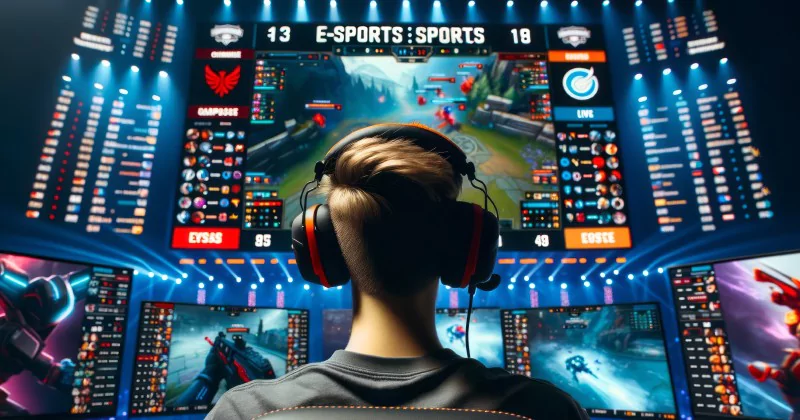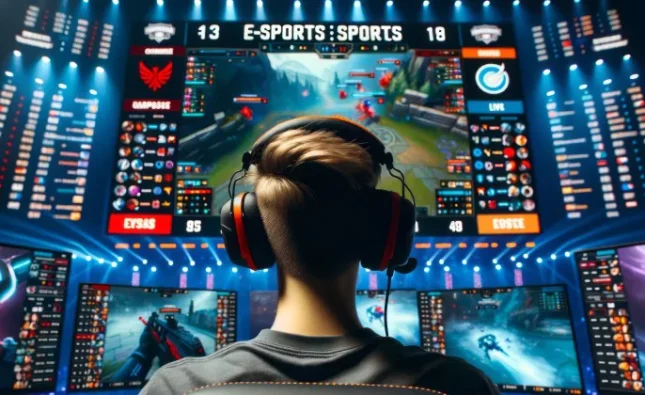
As the sports betting industry continues to evolve, technological advancements and changing consumer preferences are setting the stage for an exciting future. From mobile platforms to immersive virtual experiences, these innovations are transforming how bettors engage with their favorite sports and providing new dimensions to the betting landscape.
Mobile Betting: Instant Access and Convenience
Mobile betting is revolutionizing the industry by allowing bettors to place wagers anytime and anywhere. With the widespread use of smartphones and improved internet access, mobile apps offer unparalleled convenience. Enhanced user interfaces and seamless experiences keep bettors engaged, providing easy access to various betting markets right at their fingertips.
Virtual Reality for a More Immersive Experience
Virtual reality (VR) is also paving the way for enhanced sports betting experiences. By donning VR headsets, bettors can feel as though they’re in the stadium, witnessing every play and atmosphere detail firsthand. This immersion enhances user engagement, offering a richer experience that mimics real-life game attendance and adds excitement to each bet.
Data Analytics and AI for Smarter Betting
Data analytics and artificial intelligence (AI) are reshaping the future of betting, allowing sportsbooks to deliver more data-driven experiences. AI algorithms analyze historical trends, player stats, and game dynamics to create insightful predictions and smarter betting options. Real-time data also enhances live betting opportunities, enabling bettors to adjust wagers dynamically during events.
The Growth of Esports Betting
Esports, or competitive video gaming, has become a significant part of the sports betting world, appealing especially to younger audiences. With the rise of professional gaming, sportsbooks now feature dedicated esports markets, allowing bettors to engage in a rapidly expanding area with unique betting dynamics and strategies.
Social Betting and Community Interaction
Social betting is transforming the betting community by making it more interactive. Online platforms now enable bettors to connect, share strategies, and participate in group bets. This community-driven approach enhances the social aspect of betting, fostering camaraderie and shared insights among bettors.
Conclusion
The future of sports betting promises a blend of technology-driven convenience and community-focused engagement. With advancements in mobile technology, VR, AI, and esports, the betting experience is becoming more interactive and immersive. As these innovations continue to shape the landscape, sports betting will offer increasingly sophisticated and enjoyable experiences for enthusiasts worldwide.












